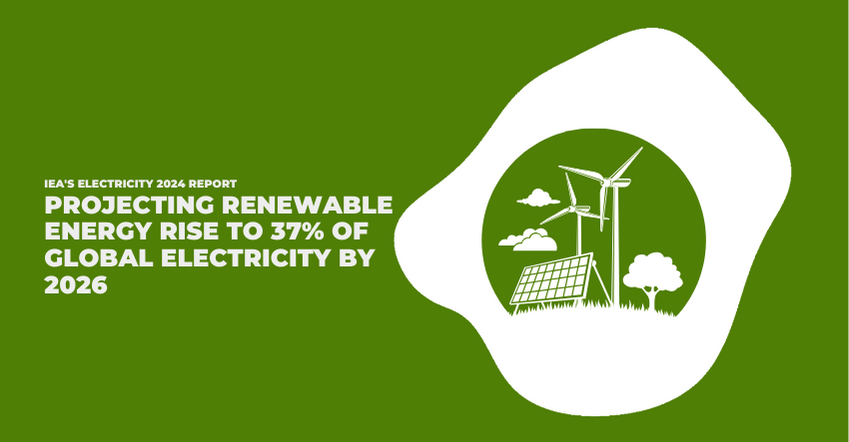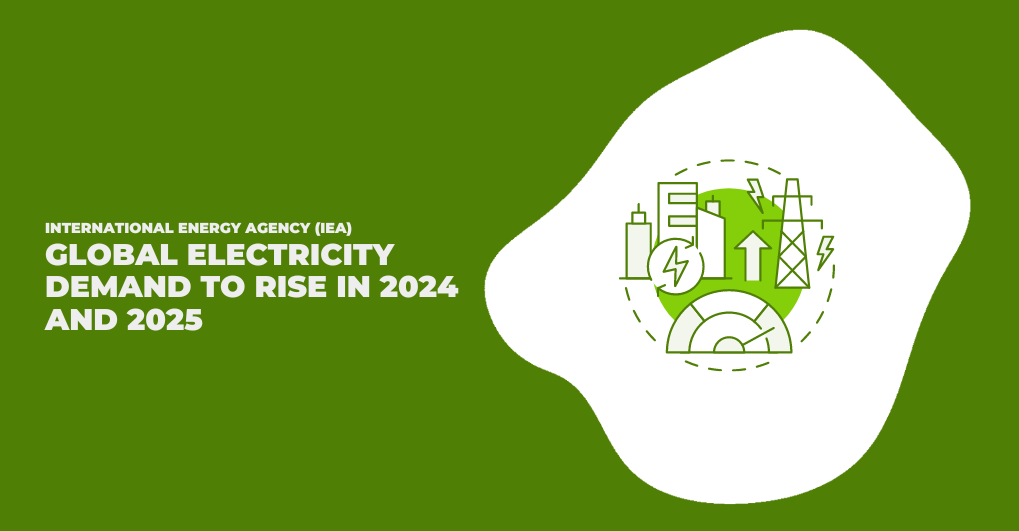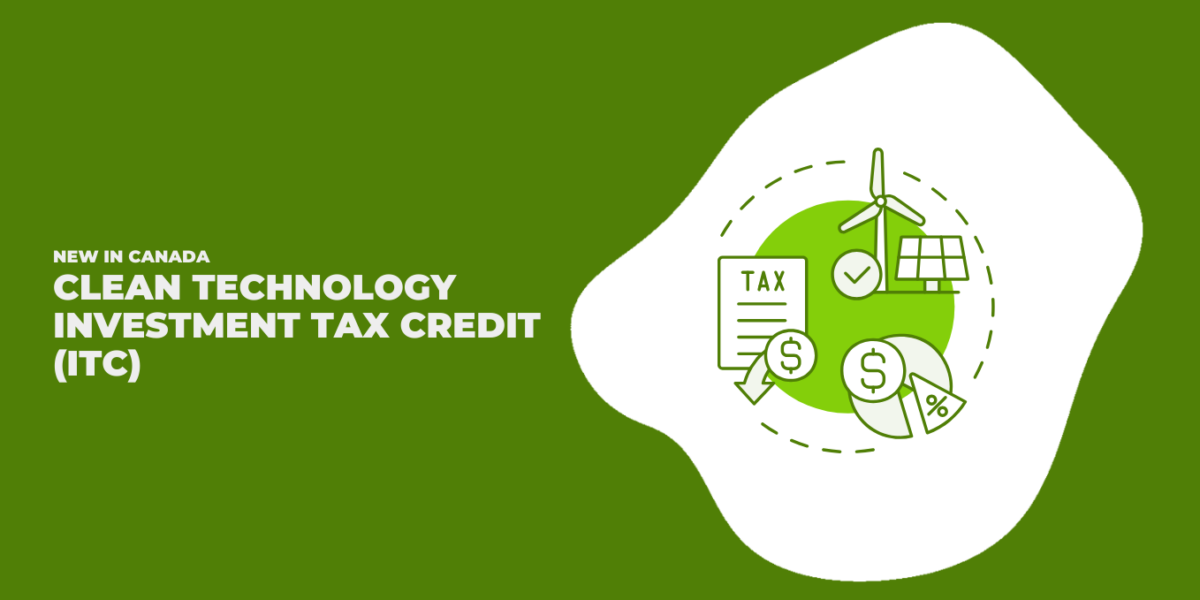Excerpt:
The IEA’s Electricity 2024 report highlights the growing importance of renewable energy, projecting its rise to 37% of global electricity by 2026, while addressing the challenges and opportunities in the rapidly evolving electricity sector.
Deep Dive:
The International Energy Agency (IEA) annually publishes a comprehensive report analyzing the current state and future trends of the electricity sector.
This report is a vital resource for understanding the challenges and opportunities presented by the ongoing energy transition. The 2024 edition reveals that renewables are set to increase their global electricity share from 30 percent to 37 percent by 2026, indicating the rapid growth and rising importance of renewable energy in our energy mix.
Key Trends and Global Electricity Demand
Electricity Demand and Consumption Trends
Despite global electricity demand growing by 2.2% in 2023, a slight decrease compared to 2022’s 2.4%, the report anticipates an average annual increase of 3.4% through 2026. This growth is driven by economic expansion and increasing electrification.
However, advanced economies have seen a decline in electricity demand, attributed to a lackluster macroeconomic environment and high inflation rates.
Data Centers, AI, and Cryptocurrency: Rising Energy Consumers
A significant surge in electricity consumption is expected from data centers, AI, and the cryptocurrency sector, potentially doubling by 2026. Data centers alone are forecasted to consume over 1,000 TWh by 2026, mirroring Japan’s electricity consumption levels. This necessitates updated regulations and technological improvements to manage this growing energy demand effectively.
Regional Demand Growth and Energy Sources
Approximately 85% of the additional electricity demand through 2026 will originate from outside advanced economies, with China playing a significant role. In terms of energy sources, low-emission options like nuclear and renewables are poised to meet all the global demand growth over the next three years.
Renewables are expected to overtake coal, providing more than one-third of the total electricity generation globally by early 2025.
Challenges and Opportunities for the Future
Accelerating the Energy Transition
The energy transition needs to be expedited to meet global decarbonization targets. By 2030, electricity is expected to comprise nearly 30% of total final energy consumption under the “Net Zero Emissions by 2050” scenario.
Managing Energy Consumption in Emerging Sectors
The increasing energy consumption from data centers, AI, and the cryptocurrency sector calls for stringent regulations and technological advancements to ensure efficient energy use.
Addressing the EU’s Energy Industry Challenges
Energy-intensive industries in the European Union face higher electricity prices compared to their counterparts in the United States and China. New policy initiatives and financial instruments are under discussion to enhance their competitiveness.
Developing Global Grids for Resilience
Diversifying energy sources, constructing regional power interconnections, and implementing resilient generation strategies are crucial to mitigate the impact of extreme weather events and guarantee stable electricity supplies.
Final Thoughts
The IEA’s Electricity 2024 report underscores the pivotal role of renewables and nuclear power in shaping a sustainable energy future. It highlights the need for accelerated electrification and the challenges of increasing energy consumption.
The report is a call to action for industry professionals and asset managers to adapt and seize opportunities in the evolving electricity sector.
PowerHub clients are leveraging our software solutions to enhance workflow efficiency and improve the performance of their renewable energy assets, preparing for success in 2024 and beyond.
Find out how you can benefit from PowerHub by booking a Demo.




